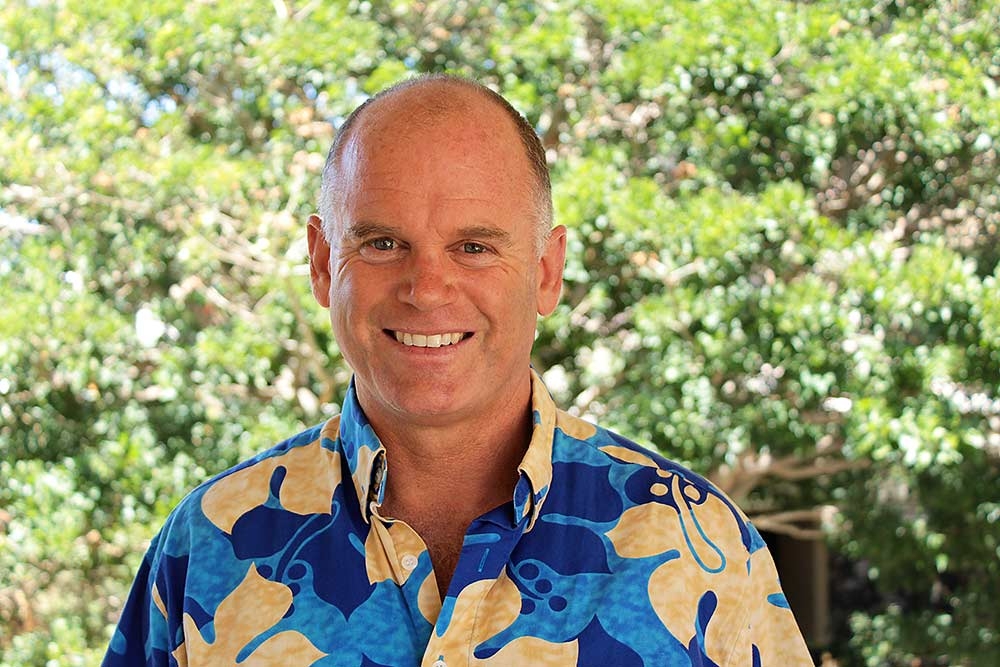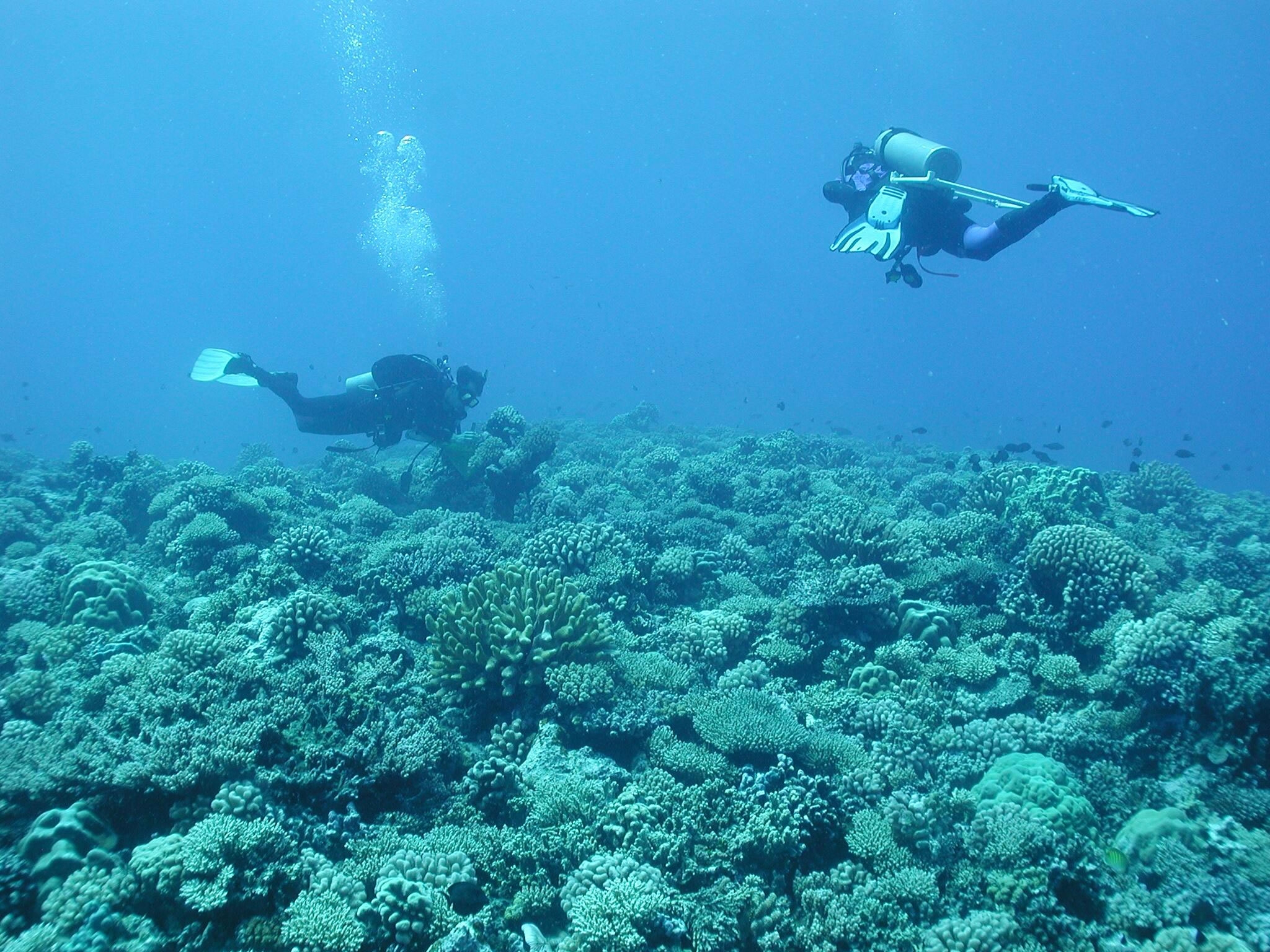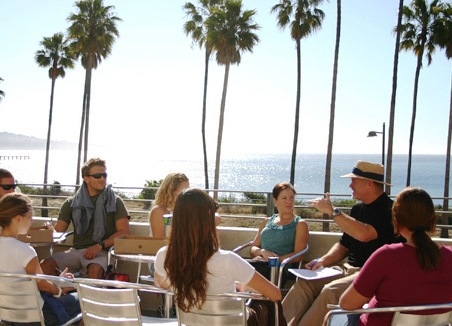Hunter Lenihan’s primary research interests lie in the fields of applied population and community ecology, especially in connection with fisheries management and restoration. He has collaborated with California fishing communities to design research projects intended to advance habitat-based fisheries management. He is also exploring ecological and oceanographic processes that regulate coral populations, particularly at a long-term project on the island of Moorea, in French Polynesia, with the goal of developing new techniques for coral reef restoration. In addition, Professor Lenihan is working with disease physiologists to isolate and cultivate disease-resistant abalone to be used as part of population enhancement efforts. He has also done extensive research within estuaries, at deep-sea hydrothermal vents, and in polar environments. Lenihan's overall objectives are to help advance marine resource management through the application of quantitative, conceptual, and practical tools developed in basic ecology, and to train young scientists interested in community-based research and management.
Hunter Lenihan joined the Bren School faculty at the University of California, Santa Barbara in fall 2001. He also holds an affiliate appointment in the Interdepartmental Graduate Program in Marine Science. Lenihan held a previous position as a fishery biologist with the National Marine Fisheries Service. He received his PhD in Marine Science from the University of North Carolina at Chapel Hill, and earned an MS degree in Marine Science at Moss Landing Marine Laboratories. His other degrees include a BS in Conservation Resource Studies at the University of California, Berkeley.
Lenihan provides LAFF research and teaching expertise in the ecosystem impacts of fisheries and aquaculture, the development sustainable seafood production practices, community-based fisheries research and management, and spatial-based marine resource management. Understanding the ecological impacts of fisheries and aquaculture production is critical for the provision of sustainable seafood.
Lenihan’s research includes field-based ecological impact assessments of emerging fishing and aquaculture practices. Working with coastal communities locally and globally, especially in Latin America and Indo-Pacific, Lenihan is helping develop property rights-based aquacultural industries and management strategies, as well as small-scale, low impact aquacultural practices, especially for filter-feeding bivalve species. Lenihan also leads research in the restoration of natural populations of seafood organisms through population and habitat enhancement.
























































